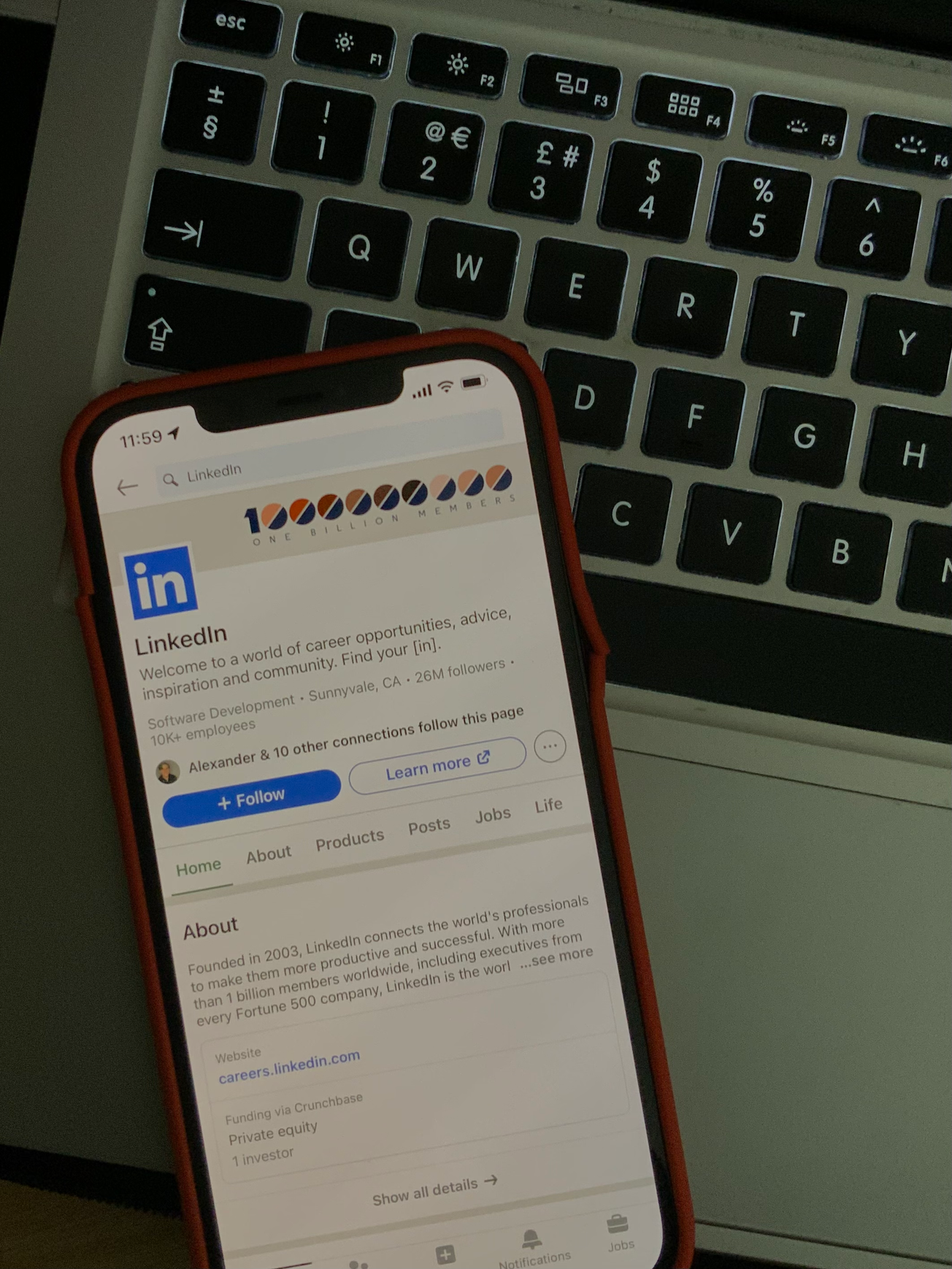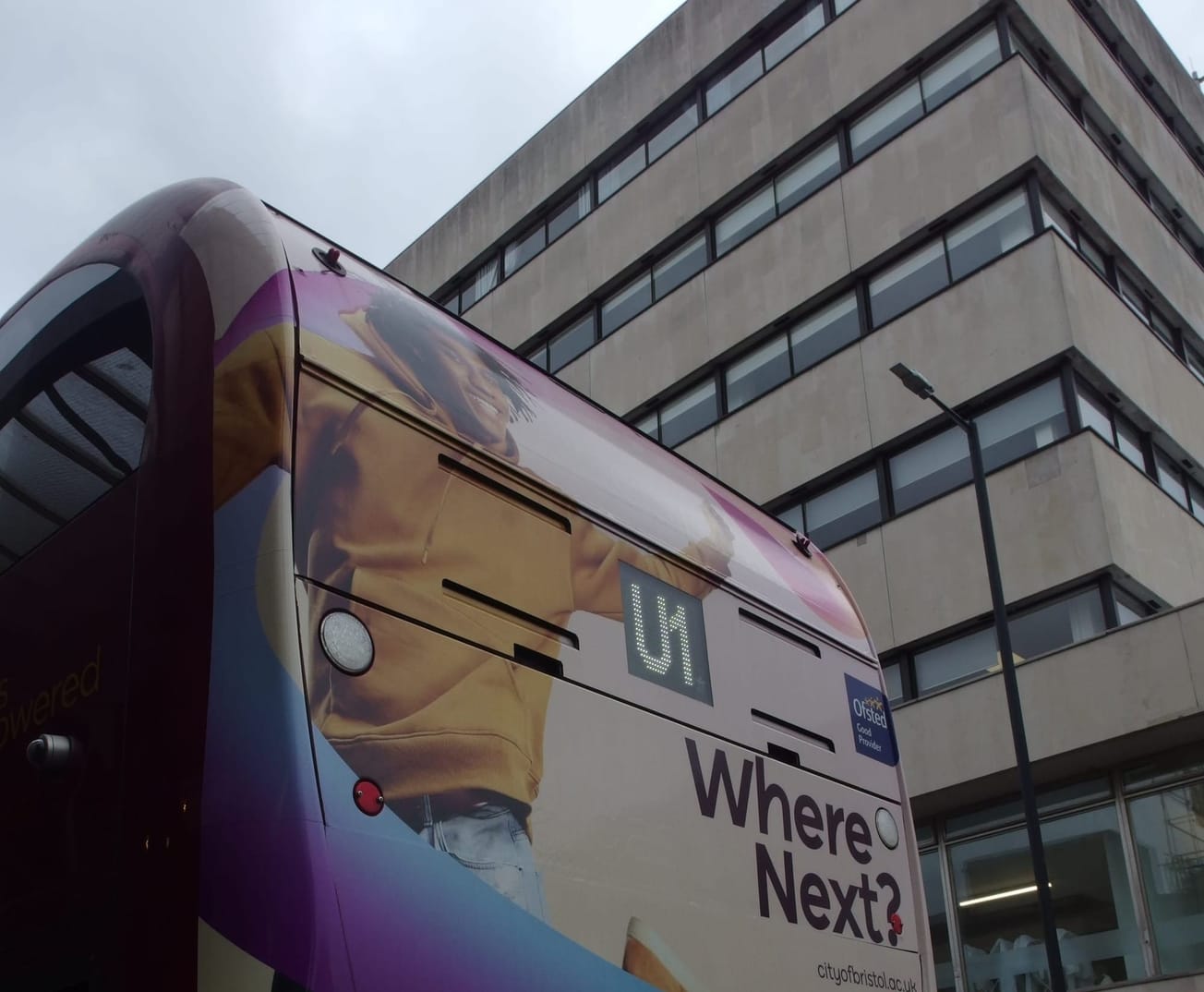By Bea Learmouth, Third Year, Politics and Russian
LinkedIn has become a burden rather than a benefit to many students. Opening up the app comes with an inevitable sense of dread; everyone always seems to have their future planned out but you. A friend from your course has just secured a summer internship at Google, a friend from school has just been offered their dream job working as a journalist at the BBC and your second cousin is volunteering abroad helping to build a school. Your peers commenting seem to have taken on an entirely different personality, saying things like ‘wishing you all the best on this exciting adventure’ or ‘what an amazing opportunity!' It’s as if you’ve entered into a different world where any real sincerity appears absent and you can’t shake the feeling that everyone is silently judging you.
Of course, we’re often told to enjoy our student lives and if we don’t get a lot of experience it’s not the be all and end all. Individuals flourish at different times in their career. The person who secured a high-flying internship at Deloitte may burnout and quit in the next two years and the person with no professional experience who looks at LinkedIn in fear may end up becoming a successful entrepreneur. We just don’t know.
However, LinkedIn encourages us to constantly compare ourselves to others. As students, whilst we are happy for our peers' successes, they undoubtedly bring apprehension and anxiety about our own future. According to the Journal of Applied Psychology, regularly seeing other people’s accomplishments has been found to have a notable impact on self-esteem. On LinkedIn, every time you open the site you are exposed to others’ triumphs and unsurprisingly, you can feel a bit down about it. The result is anxiety-ridden students plagued with imposter syndrome as they come away from the app feeling utterly hopeless about their own career aspirations.
LinkedIn can hardly be described as the most humble of social media sites. The hatred of the site isn’t a new phenomenon, it is frequently mocked for its pretentious, sanctimonious tendencies. There’s even a Twitter account dedicated to mocking gloaters and self-help accounts. ‘@StateOfLinkedIn’ posts insufferable LinkedIn posts every day and has even come out with its own book, it has been so successful. One such tweet showed a man ‘synthesizing’ ‘extremely intense content’ from his hospital bed because ‘#icantstop learning’.
This toxic workaholic culture has become ridiculously commonplace on LinkedIn. Is it really a good thing if you can’t take a break from work when you are in a hospital bed? Is this the LinkedIn we as students are meant to use as inspiration and motivation?
These isolated, nauseating posts aside, LinkedIn is far from being a useless app for students. According to Accredible, 87% of recruiters use LinkedIn to find candidates. To not have LinkedIn as a student is practically committing career suicide. It is even the second most popular site to advertise job vacancies according to GoHire and is a great way to discover career areas you may not have considered before. You can network with people in the industry you want to go into, keep up with old friends and congratulate them on their achievements. According to Statista, people on LinkedIn even have a higher income than the national average.
However, the way it advertises these vacancies breeds competition and gives applicants unnecessary stress. The feature showing how many have already applied for the job is misleading. The number you see here is simply the number of people who have clicked on the link to the vacancy and doesn’t necessarily mean they applied for the job. This puts off potential candidates who may feel they have no chance over the 500 other candidates when in reality, only 250 of those candidates may have actually applied.
With the rise in AI, LinkedIn is also having more and more problems with fake accounts. According to the Guardian, fake accounts even sometimes claim to work at reputable companies such as Amazon and Apple to gain more traction on LinkedIn. So, seemingly remarkable individuals you may come across on LinkedIn might not even exist. This not only makes users feel like they’re not doing enough, it undermines people who have genuinely achieved great things.
LinkedIn is a narcissistic, deeply-flawed site but unfortunately, we all have to put up with it. Accepting the fact the site is more of a professional Instagram helps to curb anxiety about its users' posts and the pressure it creates. As students, it’s hard to not compare ourselves to others, but once you do, LinkedIn will become slightly more bearable and you can get a real benefit out of it.
Featured Image: Megan Ioannides
Has LinkedIn created an extra stress in your life? Let us know @epigrampaper







